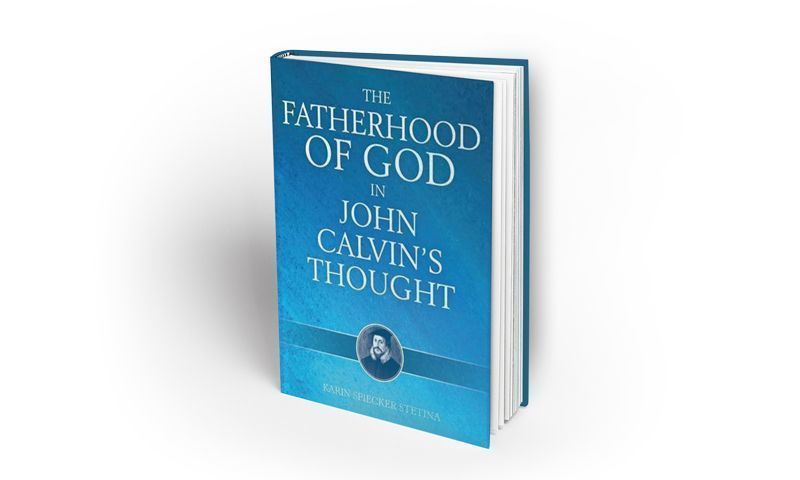âAnd because we are his children, God has sent the Spirit of his Son into our hearts, promoting us to call out, âAbba, Fatherââ (Gal. 4:6).
âI believe in God, the Father Almighty, the Maker of heaven and earth, and in Jesus Christ, His only Son, our Lord; who was conceived by the Holy Spirit.â This ancient declaration about God has been an essential affirmation of the Christian faith since the birth of the early church. The Apostlesâ Creed affirms Paulâs teaching in 2 Corinthians 5:21 in which he states, âFor He [God the Father] made him [Christ] who knew no sin to be sin for us, that we might become the righteousness of God in Him [Christ].â Faith in God the Father, Son, and Holy Spirit unites us to Christâs salvific work. But what if your earthly experience of fatherhood has made it difficult for you to confess a belief in âGod, the Father Almighty?â
Should âcontemporary Christian theologyâ be âsensitive to some of the concerns of feminismâ and âintroduce diverse images, including female ones, for God into the life of the church,â as William Placher in his work, Narratives of a Vulnerable God, suggests? The question of whether feminine language for God should be adopted or even used in place of masculine language is one of the most pressing issues facing the church today. In order to answer this question the church must first answer the question of how do we know God. Is our knowledge and language about God grounded in human experience or in divine revelation given in Scripture?
John Calvin, with his belief in sola Scriptura, stands apart from both sides of the debate over the use of language for God. Calvin looked to the Word given by the work of the Holy Spirit as the source of God-language and images used for God. The appropriateness of God-language was not a gender issue for Calvin, but an epistemological issue. He firmly believed that God is to be known and spoken about in accordance with Godâs self-revelation.
When the knowledge of God departs from a theocentric approach and is grounded primarily in human experience, Calvin warns that inaccurate ideas can be deposited onto God. Though little flashes of God can be perceived naturally through reason and perception, they are quickly obscured by sin and rebellion. Natural knowledge of God, as Calvin described, is like a âtraveler passing through a field at night who in a momentary lightning flash sees far and wide, but the sight vanishes so swiftly that he is plunged again into the darkness of the night before he can take even a stepâlet alone be directed on his way by its helpâ (Inst. II.2.18). This dilemma can only be corrected by the light of God, which is most clearly expressed in Christâs revelation of his relationship with the Father.
At the forefront of Calvinâs mind is that which should also be at the forefront of our minds; God reveals not only so we can know God, but also so we can respond to that revelation. Knowledge of God is not for puffing up the human mind, but rather for equipping people to glorify God. Our love of God and neighbor is directly related to our knowledge of God. If we know God only through our marred, natural perceptions, we know nothing of Godâs glory and love. If we know God through Godâs accommodating self-portrait, we can call out to our âAbba Fatherâ and find liberation.
In grounding the character of Fatherhood in Godâs self-revelation, Calvin brings his biblically based understanding to the title, which is grounded in the doctrine of the Trinity and in Godâs universal and particular Fatherhood. Calvin opposes the idea of God as a tyrannical, power-hungry father. God is not a male God who justifies the unjust oppression of women. Instead, divine Fatherhood is characterized by love and mercy. Through this image, defined clearly by Christ and revealed by the work of the Holy Spirit, we are enabled to be called children of God and know God in a personal way. It is through the name God the Father of our Lord Jesus Christ that we find true freedom and love.
Excerpt adapted from , by Karin Spiecker Stetina, associate professor of biblical and theological studies at Talbot. Published by Paternoster (2016). Read more by Karin Stetina on The Good Book Blog.
 51ÂÜŔň
51ÂÜŔň




.jpg)